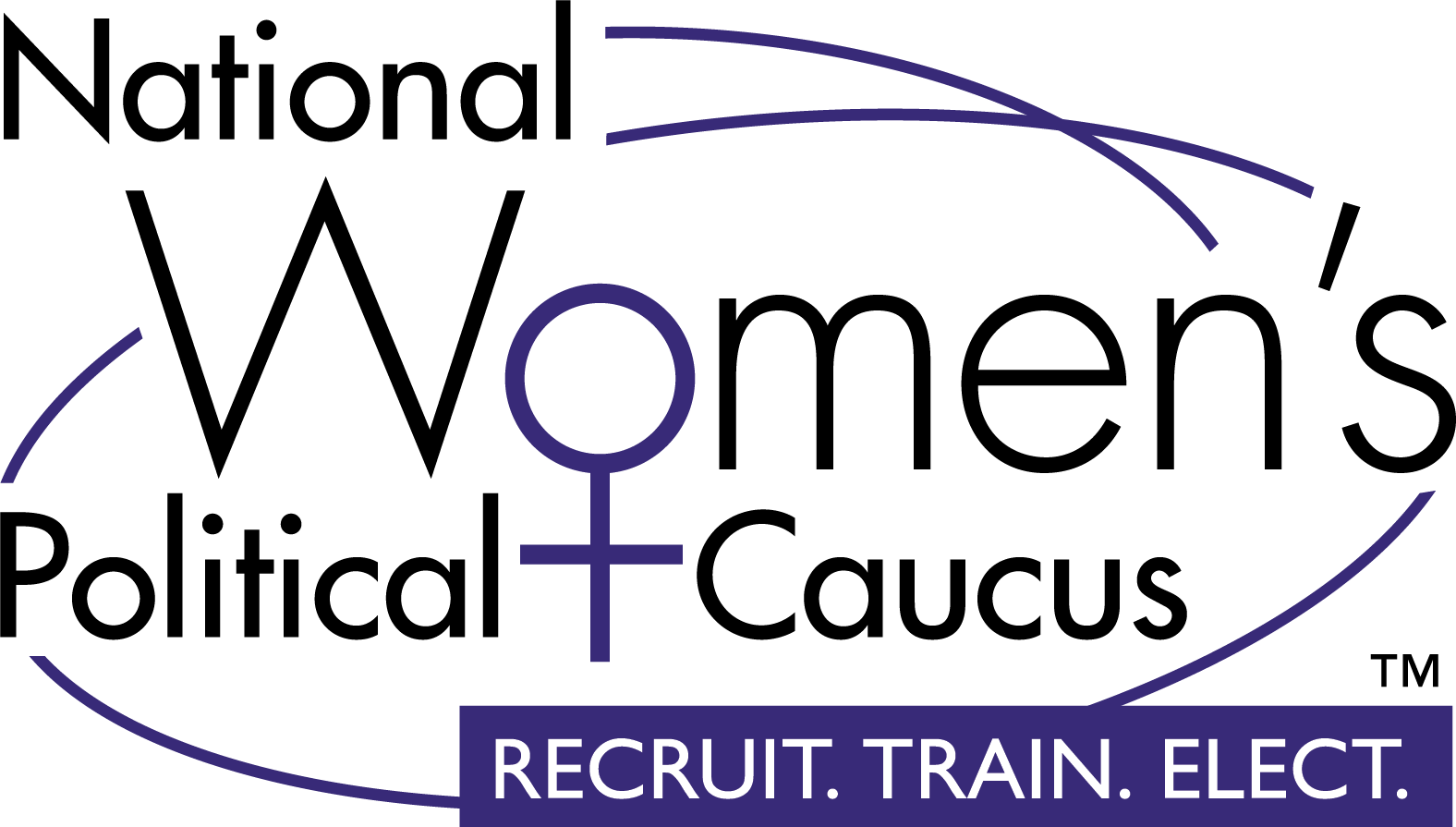By Dr. Carmen Schaye, NWPC Vice President of Diversity
On Sept 23rd Greta Thunberg, a 16-year-old girl from Stockholm, Sweden addressed the United Nations. To get to the summit in New York she sailed across the Atlantic, with her parents, to underscore her point that human activity is having a catastrophic impact on the environment and that unless action is taken now, the legacy passed from this generation to its children will likely be one of collapsing ecosystems and mass-extinction. During her emotional and provoking speech, the young girl admonished the assembled world leaders for their failure to act on nearly 30 years of climate science.
If Greta wins the Nobel Peace Prize she is shortlisted for, later this year, she will become the youngest Nobel Laureate in history, taking that torch from another inspiring young woman: Malala Yousafzai who, after having been shot in the head by the Taliban in Pakistan in 2012 for advocating for the right of girls to receive an education, has become a global spokesperson for Women’s Rights; in particular their right to education.
Malala and Greta are, in a sense, World Leaders in that they are the figureheads of some of the most pressing issues of our age. They represent the vanguard of a new wave of leaders coming early to the world stage. I say “early” not because they aren’t ready, far from it, Greta and Malala have already made a great and measurable difference for the causes of Climate Change and Education Rights respectively. I use the term “early” because this leadership has been required of them at a far earlier stage than it was in past generations: If action on the environment isn’t taken now, it will already be too late by the time tomorrow’s adults are in a position to take action. If action isn’t taken on Education Rights now, there will be no female leaders to serve the next generation.
The status quo needs changing immediately if the next generation is to thrive. This realization is driving the emergence of increasingly young, increasingly female leaders onto the world stage to challenge those in power. There are several moments that perfectly capture the nature of this conflict. From Greta Thunberg admonishing the assembled (and, by an overwhelming majority, older, male) world leaders, to the images of Chinese school-children doing their homework while at a pro-democracy rally in Hong Kong, to the survivors of the Parkland School Massacre creating a national campaign and taking it to Congress; the next generation is finding its voice. The unusually early timing of this natural, generational transition is recognized by Greta herself: “I shouldn’t be up here,” she says to the U.N. “I should be back in school.” The appearance of these exceptional young leaders points to a failure of the current generation to deal with the world’s most pressing issues.
We can see the shape of this movement, not only by seeing who its leaders are and hearing what they stand for but also by noticing who are its most vocal opponents. Unsurprisingly Donald Trump who, along with Vladimir Putin, is the de facto figurehead for despotic patriarchal rule, has taken time out to tease Greta on Twitter, while Vladimir Putin suggested that she was being used and that her proposals were “unrealistic.” Add to this the conservative right’s aggressive and vocal resistance to the rise of “the squad,” a group of young, women of color in Congress and the true nature of the two sides becomes clear.
A generation’s leaders are shaped by the problems they face. These leaders are young because the issues faced will predominantly affect young people. They are from diverse backgrounds because, demographically, these problems will be faced by a majority non-white generation (Pew Research Center tells us that 109 US counties shifted from a white to a non-white majority between 2000 and 2018 and that the US will be majority non-white by 2048) and they are female because the present, failing, generation of leaders comes from and represents the patriarchy. The banning of female education, the school shooting epidemic, and the climate crisis are all issues that will predominantly affect children and they have created early leaders out of those who have the most at stake: the children themselves.

